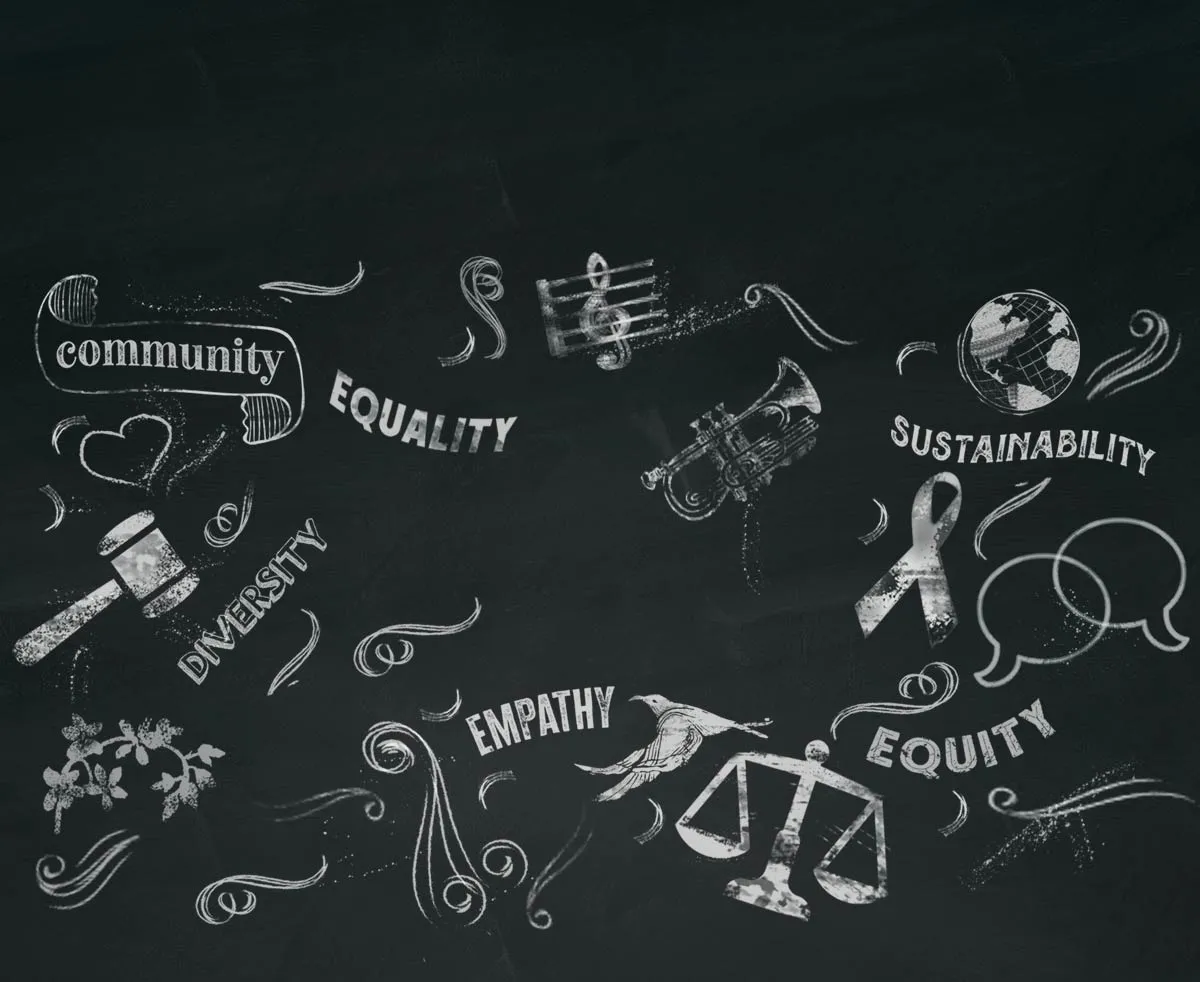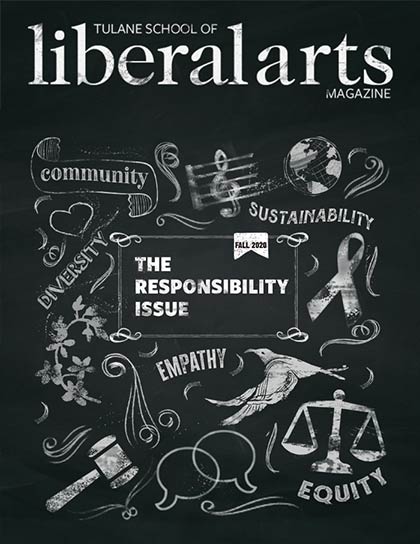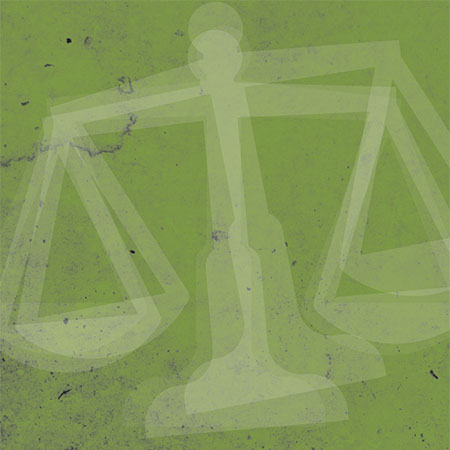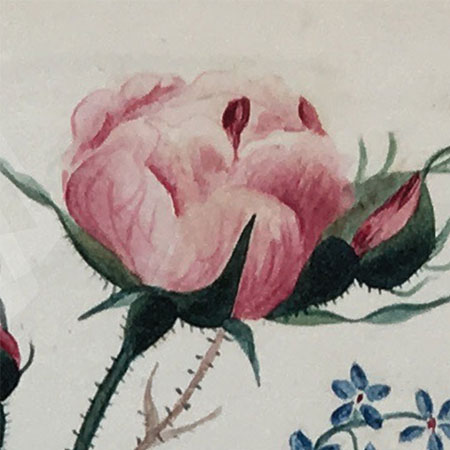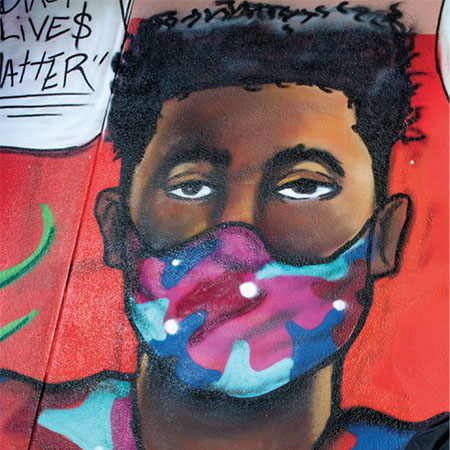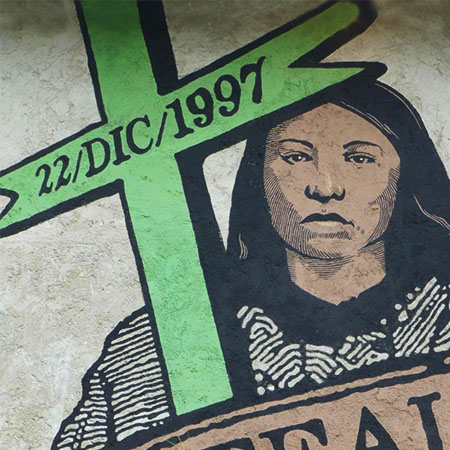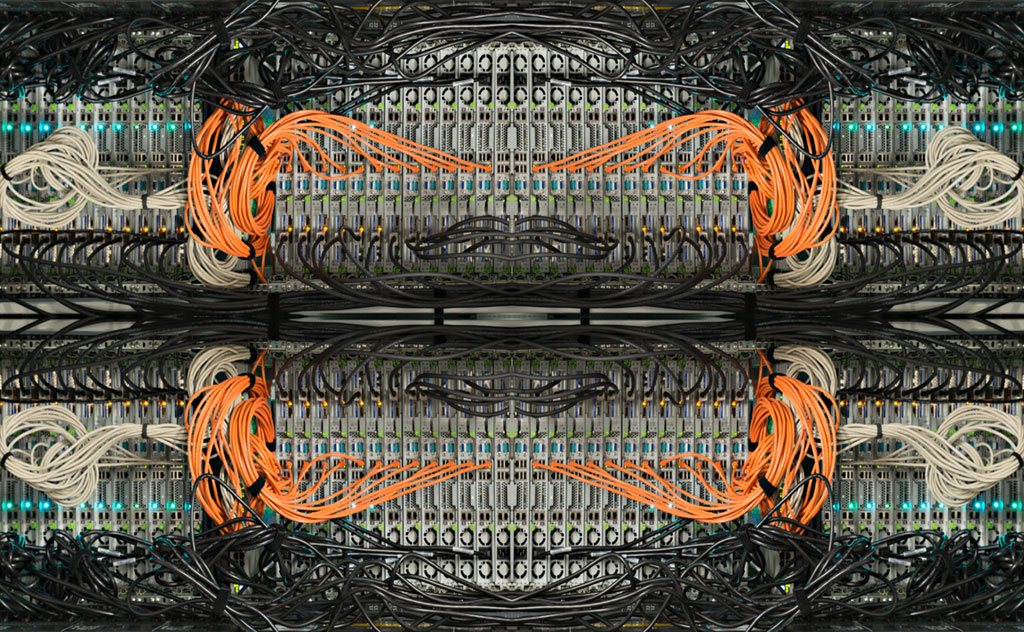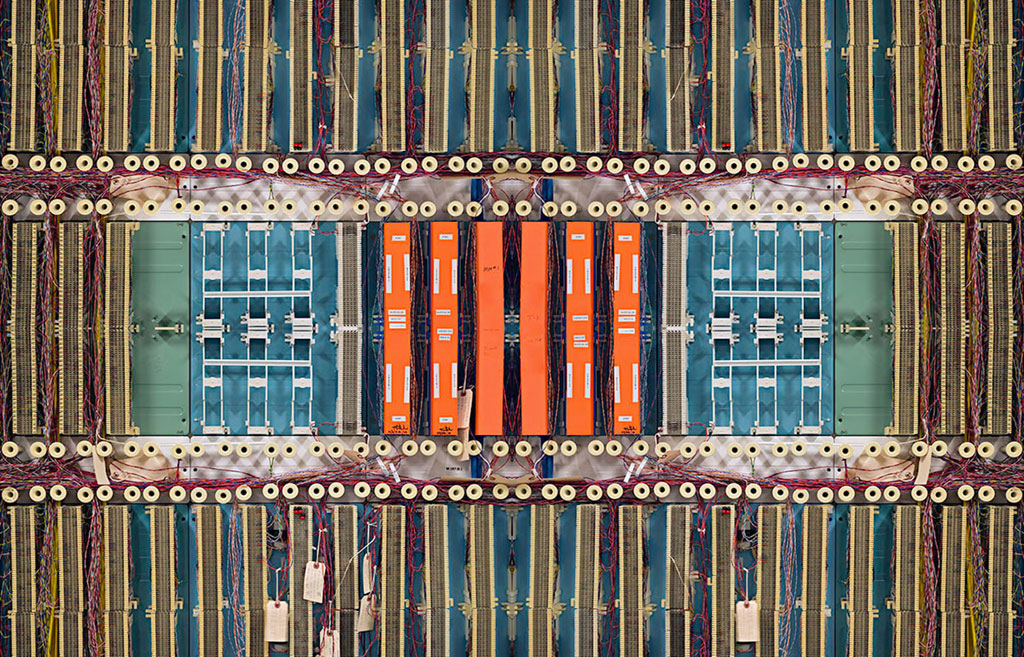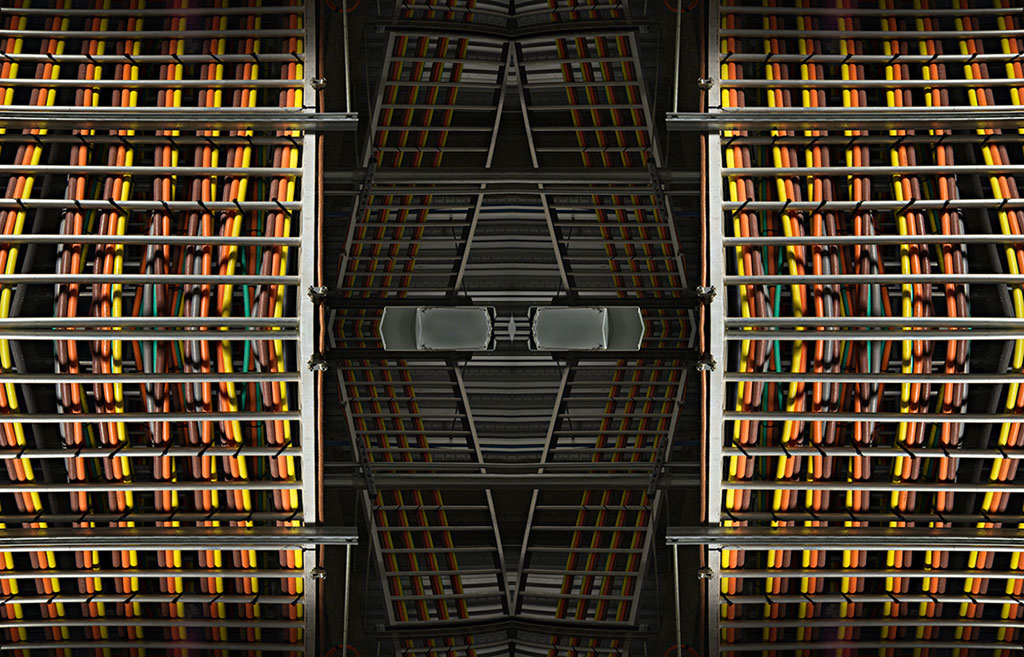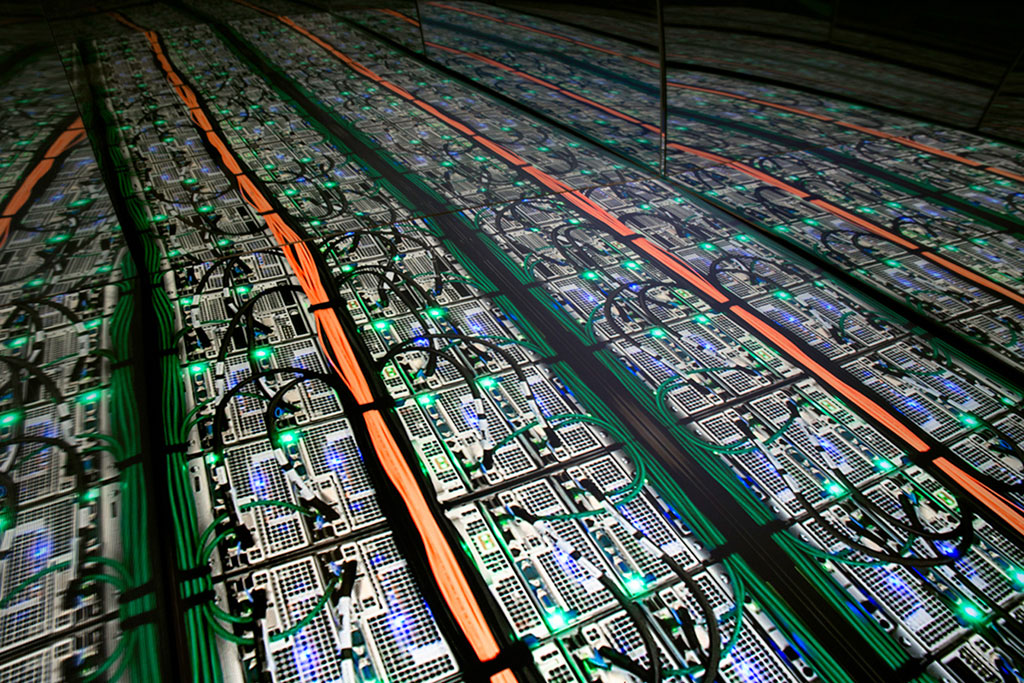Tulane School of Liberal Arts Magazine
The Responsibility Issue Fall 2020
Message from the Dean
In this issue of the School of Liberal Arts Magazine we take on yet another big theme: responsibility.
As the pandemic took over our lives, the summer and fall took on a different cast than most would have predicted. Calls for racial justice, to which many of our community have dedicated their careers, became more widespread than during any time in recent memory. Long-standing conversations about equity and inclusion became pervasive and urgent. Read the complete message.
Responsibility is a concept that resonates through the liberal arts disciplines, which offer lessons that enrich our sense of it. As a keyword, it has a long history with a range of interpretations over time. In the present, we invoke our responsibility to the next generation when we discuss climate change or the national debt. We pledge our responsibility to others when we work to confront racism, misogyny, and the range of limitations that dominant groups place on subaltern ones. When we put on a facemask to protect others, we activate our responsibility. It runs through scholarship: ethnographers consider their own responsibility to their subjects; economists and historians alike feel a responsibility to their data and archives.
At Tulane, with our deep commitment to service and to the city of the New Orleans, we call on ourselves to respond. To make a pledge to social justice, to our community, and to take stock of our own history is our shared charge. As we focus on the future, to refuse to be satisfied with statements alone but to engage in the hard work of transformation, is required of us.
I invite you to journey through these pieces as they enrich our sense of the many ways members of the Liberal Arts community engage in the difficult work provoked by this concept. I hope you will be as inspired by them as I am.
Brian Edwards
Dean and Professor
School of Liberal Arts
Artist Spotlight
DATA SHADOWS
ANNIELAURIE ERICKSON, an associate professor in the Newcomb Art Department, explores ways in which photographic experimentation can reveal things that often go unseen. Each of Erickson’s projects maintains a specific research interest and visual outcome, but all of her work sets out to deconstruct complex systems through investigations into pressing social and environmental issues. Erickson’s ongoing investigation into the physical apparatus of Big Data aims to illuminate the structures of surveillance capitalism. She has traveled extensively over the past six years to document massive data centers around the world for her Data Shadows series. The photographs from this collection—such as Hardware Mirror 19, 2017, which is pictured here—are used as the base imagery for interactive eye-tracking installations and in the production of both traditional and sculptural photographic works. Erickson’s interactive installations question the boundaries between our physical and virtual selves and examine the relationships between our bodies, our environment, our data, and the power structures that attempt to control them all.
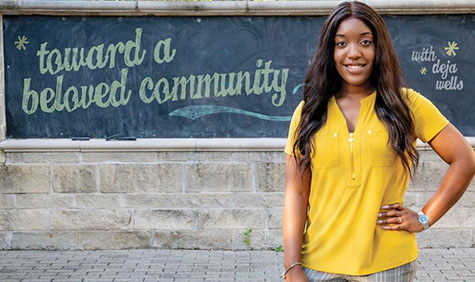
Toward a Beloved Community
Access, equity, and building a culture at Tulane where everyone’s needs are met.
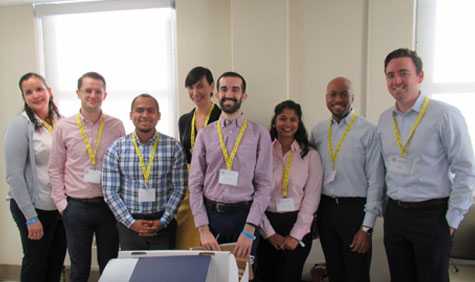
Mobilizing a Commitment to Social Change
How remaining curious about the world led a liberal arts alumna to a profound legal career.
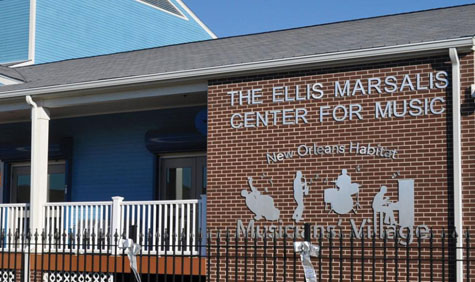
Play It Forward
A Mellon graduate student shares her passion for music with youth at the Ellis Marsalis Center for Music.
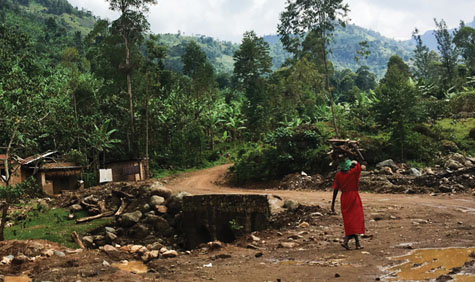
How Environmental Damage Makes Women More Vulnerable to AIDS
Highlighting the key connections between the well-being of women and their surrounding natural environments.
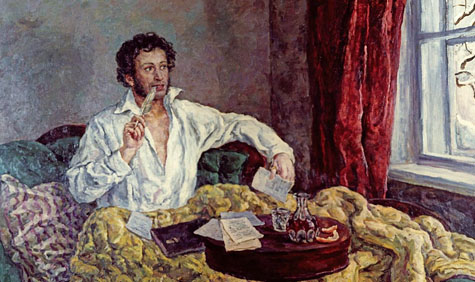
The Essence of Life: Musings on Epidemics from a Russian Historian
A reflection on creativity, politics, public memory, and a desire for a better world—linked by the coronavirus.
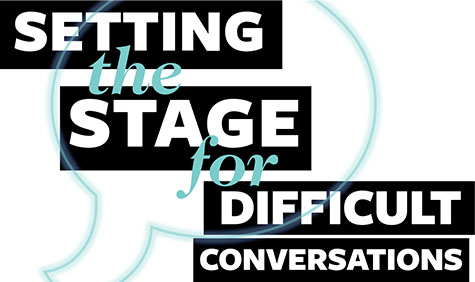
Setting the Stage for Difficult Conversations
Tulane professors strive to represent the patchwork of America through theatre.
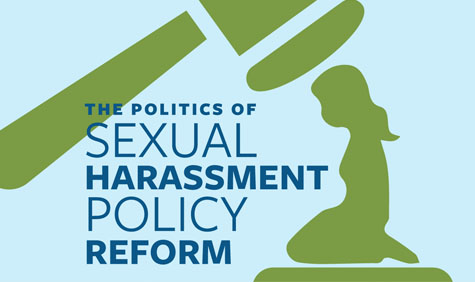
The Politics of Sexual Harassment Policy Reform
All institutions, from legislatures to higher education, must deal with how power and identity shape workplace culture.
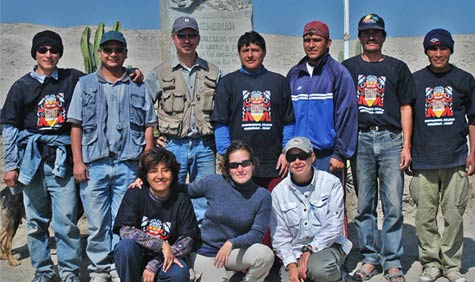
Digging the Past on the Desert Coast of Peru
A professor shares insight from more than 20 years of collaborative archeological research in South America.


